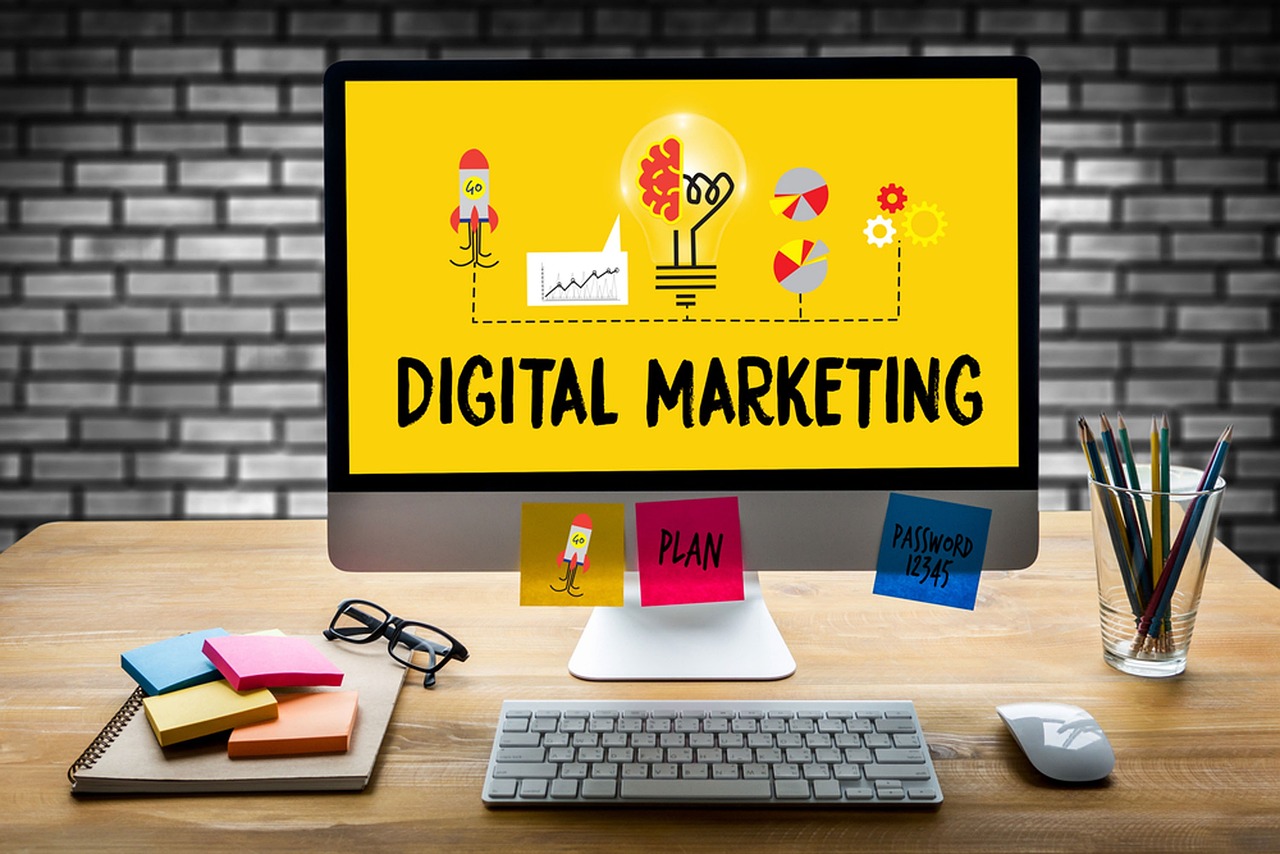Ultimate Guide to Digital Marketing Strategies, Benefits and Implementation
Understanding Digital Marketing
Digital marketing has transformed how businesses connect with their audiences. It encompasses a wide range of online strategies aimed at promoting brands and engaging potential customers through digital channels like search engines, social media, email, and more.
Benefits of Digital Marketing
Digital marketing offers numerous advantages over traditional marketing methods. It enables businesses to reach a global audience with minimal effort, expand market reach cost-effectively, and maintain longer-lasting engagement through measurable results and personalized experiences.
Types of Digital Marketing
- Content Marketing: Content marketing focuses on creating valuable, relevant content to attract and retain a target audience. It includes blogs, videos, infographics, and more, positioning businesses as industry thought leaders.
- Search Engine Optimization (SEO): SEO optimizes websites to rank higher in search engine results, driving organic traffic through strategic content and technical optimizations.
- Search Engine Marketing (SEM): SEM involves paid advertisements that appear in search engine results, such as Google Ads, to increase visibility and attract immediate traffic.
- Social Media Marketing: Leveraging platforms like Facebook, Instagram, and LinkedIn to engage with audiences, promote content, and build brand communities.
- Pay-Per-Click (PPC) Advertising: PPC ads, like those on Google Ads or social media platforms, charge businesses only when users click on their ads, ensuring cost-effective advertising.
- Affiliate Marketing: This strategy involves partnering with affiliates who promote products/services in exchange for a commission on resulting sales, utilizing their audience trust and influence.
- Native Advertising: Native ads blend into their environment, appearing as regular content rather than explicit advertisements, enhancing engagement by seamlessly integrating with user experiences.
- Email Marketing: Utilizing targeted email campaigns to nurture leads, build customer relationships, and drive conversions through personalized messaging and automation.
- Mobile Marketing: Engaging with audiences on mobile devices through SMS marketing, mobile apps, and responsive website designs to capitalize on increasing mobile internet usage.
- Video Marketing: Using video content on platforms like YouTube and social media to convey brand messages, engage audiences, and drive conversions with compelling visual storytelling.
- Influencer Marketing: Collaborating with influential personalities to endorse products/services, leveraging their credibility and reach to connect with niche audiences effectively.
- Marketing Automation: Automating repetitive marketing tasks using AI and machine learning to streamline workflows, analyze data, and optimize campaign performance.
Implementing Digital Marketing
Define Goals: Establish clear, measurable objectives aligned with business goals, such as increasing brand awareness, driving sales, or enhancing customer engagement.
Identify Target Audience: Understand the demographics, behaviors, and preferences of your audience across different digital channels to tailor marketing strategies effectively.
Allocate Budget: Set aside resources for each digital marketing channel based on campaign objectives, ensuring a balanced investment between paid and organic tactics.
Choose Channels: Select digital channels that align with your audience’s preferences and behaviors, optimizing content for mobile devices to enhance accessibility and engagement.
Optimize Content: Continuously refine and optimize digital assets, leveraging data analytics to monitor performance, identify trends, and adjust strategies for maximum impact.
Conclusion
Digital marketing offers unparalleled opportunities for businesses to connect with their audiences, drive growth, and achieve marketing goals efficiently. By leveraging diverse digital strategies tailored to audience preferences and behaviors, businesses can navigate the competitive landscape and foster meaningful relationships with customers in today’s digital age.
